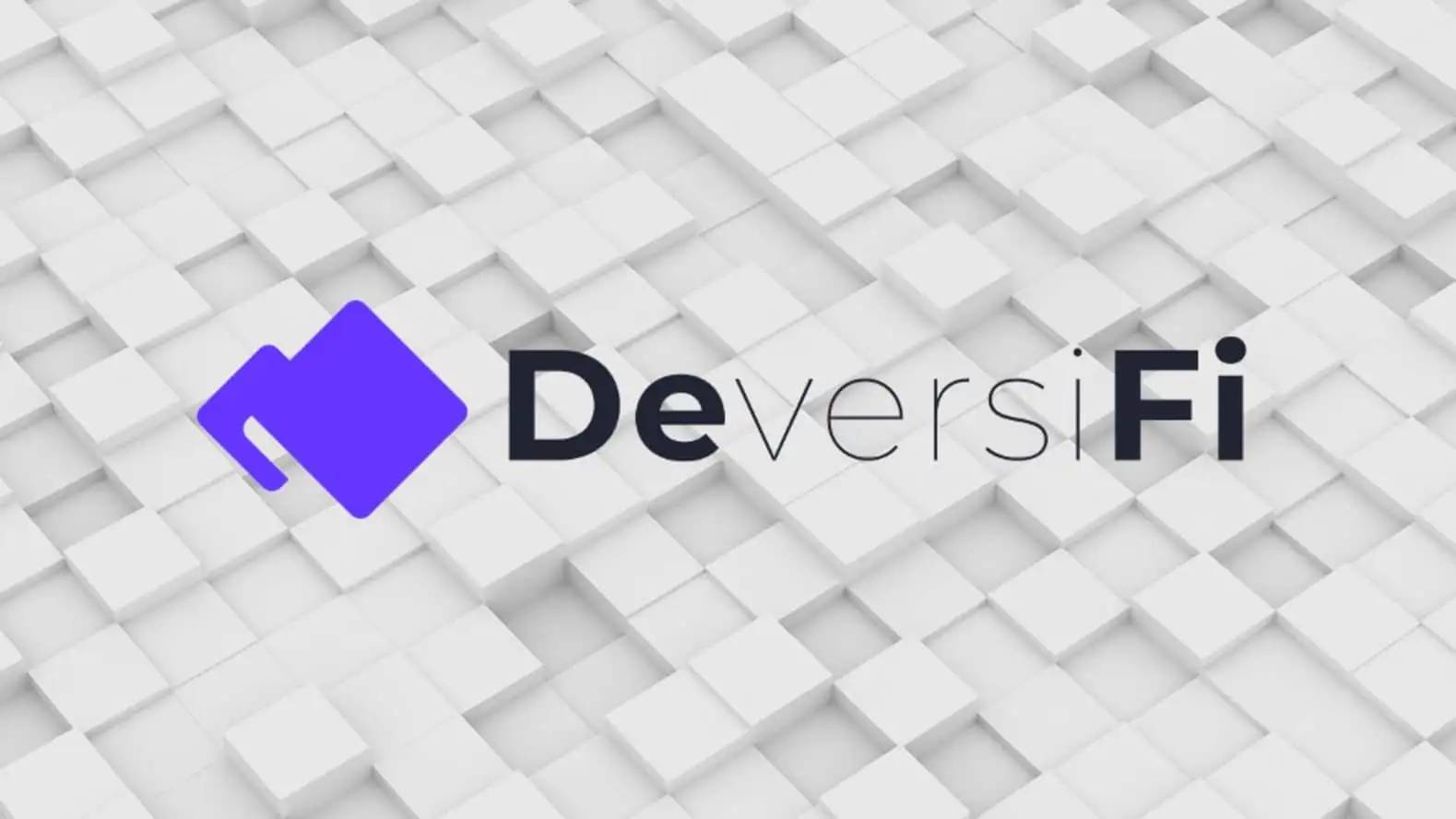Subscribe to wiki
Share wiki
Bookmark
DeversiFi
The Agent Tokenization Platform (ATP):Build autonomous agents with the Agent Development Kit (ADK)
0%
DeversiFi
Rhino.fi, formerly known as DeversiFi, is a multi-chain, self-custodial DeFi platform built using StarkWare's zkSTARK layer 2 scaling technology for its high-speed trading environment. The platform was initially incubated by Bitfinex as Ethfinex Trustless. It became a fully independent entity as DeversiFi in 2019 and launched its StarkWare-powered exchange on June 3, 2020. In July 2022, the platform rebranded to Rhino.fi to reflect its expansion into a multi-chain gateway for decentralized finance.[6][4]
Overview
Rhino.fi's history began in 2017 with its launch as Ethfinex Trustless, a decentralized exchange (DEX) incubated by Bitfinex. In August 2019, it became the fully independent platform DeversiFi. A major milestone occurred in June 2020 with the launch of DeversiFi 2.0, which integrated StarkWare’s zkSTARK layer-2 scaling technology.[1]
The zkSTARK integration utilizes zero-knowledge proof (ZKP) technology to bring scalability to non-custodial trading. This is achieved by processing trades in batches off-chain and then submitting a single cryptographic proof to the Ethereum blockchain for each batch, enabling thousands of transactions per second without compromising on security.[7]
As part of the 2020 relaunch as DeversiFi, the platform established a Data Availability Committee (DAC), with members including ConsenSys and Bitfinex. The committee's role is to ensure the safety of user funds by retaining a copy of account balances, which can be used to restore the state of the exchange should the platform and StarkWare's systems ever go offline simultaneously.[7]
Following its 2022 rebrand to Rhino.fi, the platform expanded its focus beyond a single L2 exchange to become a multi-chain platform, offering services like cross-chain swaps and bridging between various blockchains including Ethereum, Polygon, and BNB Chain.
Partnership with Loopring
In December 2020, DeversiFi and Loopring, two early pioneers of zk-rollup technology, formed a strategic partnership to improve and promote layer 2 scalability solutions. The exchanges created a committee named "L2 Squared" (or L²) to advance the adoption of layer 2. To mark the alliance's launch, DeversiFi and Loopring conducted a token swap of their respective native tokens at the time, NEC and LRC.[1]
The L² alliance focused on several key areas, including educational initiatives to explain the benefits of layer 2 technology over standard Ethereum transactions and pushing for wider wallet integration. On a technical level, the alliance worked toward developing composability standards between layer 1 and layer 2, as well as between different layer 2 systems, to improve the user experience across the ecosystem.[2]
DVF Token (formerly NEC)
With the rebrand to Rhino.fi, the platform's original Nectar (NEC) token was replaced by the new DVF token. DVF serves as the native utility and governance token for the Rhino.fi ecosystem. NEC holders were able to swap their tokens for DVF following the rebrand.
The original Nectar (NEC) token was created in 2017 and launched in 2018 to incentivize liquidity on the Ethfinex exchange. Initially, NEC was an inflationary token, but it later transitioned to a deflationary model with the launch of Nectar 2.0. This model introduced a "buy & burn" mechanism where up to 50% of DeversiFi trading fee revenues were used to purchase and burn NEC tokens.[2][5]
The DVF token now functions as the core of the Rhino.fi platform, providing holders with utility such as trading fee discounts and the ability to participate in governance by voting on proposals related to the platform's development and treasury.
Governance and DAO
Governance of the platform has evolved from the original Nectar DAO (NecDAO) to a new decentralized autonomous organization structure centered around the DVF token. DVF holders can stake their tokens to participate in the Rhino.fi DAO and vote on key decisions that shape the future of the ecosystem.
The foundation for the DAO was laid when 17,807 ETH, pledged to NEC holders from Ethfinex exchange fees, was deployed into the NecDAO treasury.[3]
On August 12, 2020, in a significant step for the then-NecDAO, ParaFi Capital and D1 Ventures each purchased $450,000 worth of NEC tokens and staked them, taking a leading role in the early governance of the DeversiFi ecosystem.[2]
See something wrong?
The Agent Tokenization Platform (ATP):Build autonomous agents with the Agent Development Kit (ADK)
